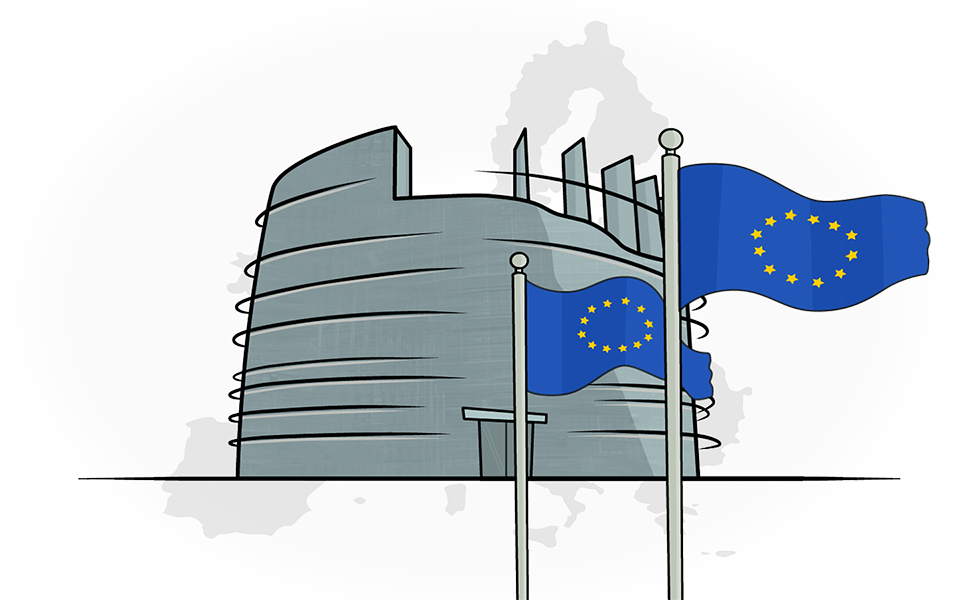But, will it work, doctor?
When we are ill we want the best available treatment. But how can we know if a treatment works? Randomised clinical trials are the best way to test whether a treatment is effective and better than other treatments or no treatment.
Recipe for testing a new treatment
- Take people who are ill.
- Give half of them the new treatment being tested.
- Give the other half the standard treatment (or a dummy treatment - placebo - if there is no standard treatment)
- Use the chance to decide who will get the new or standard treatment - this is called random allocation.
- Compare how many got better, or had adverse effects, in each group to see which treatment was better.
Why can’t people in a randomised clinical trial choose which treatment to have?
If people getting the new treatment are different from those getting the standard or dummy treatment, you can’t confidently conclude that the treatment is better or worse. Why? Because differences in the outcomes might just be due to pre-existing differences between the groups. The best way to get similar groups is to use chance to decide which treatment a person gets, for example, tossing a coin, drawing lots, or using a computer program to conduct the randomisation.
You also don’t want anyone to think “I got the best treatment” or “I got the worst treatment” because this can actually influence whether they get better or not! So people shouldn’t know which treatment they are getting – this is called “masking”. It’s also best that you don’t know which treatment each patient is getting – this is blinding of caregivers, assessors, and investigators – as this can influence findings too!
Remember, you can’t be sure which treatment is best until you get the results of your randomised clinical trials – trials are done to resolve the uncertainty about which treatment is actually better. Most often you need more than one trial to really decide!
You probably won’t get the chance to set up your own trial, but you may well be asked to participate in a trial as a patient. Before agreeing, it is important that you understand how randomised clinical trials work, and the design and purpose of the trial you are being invited to join, as well as the possible benefits and risks.
ECRAN aims to make understanding of medical research easy, and tells you all about taking part in this important clinical trials process.
Just read more







